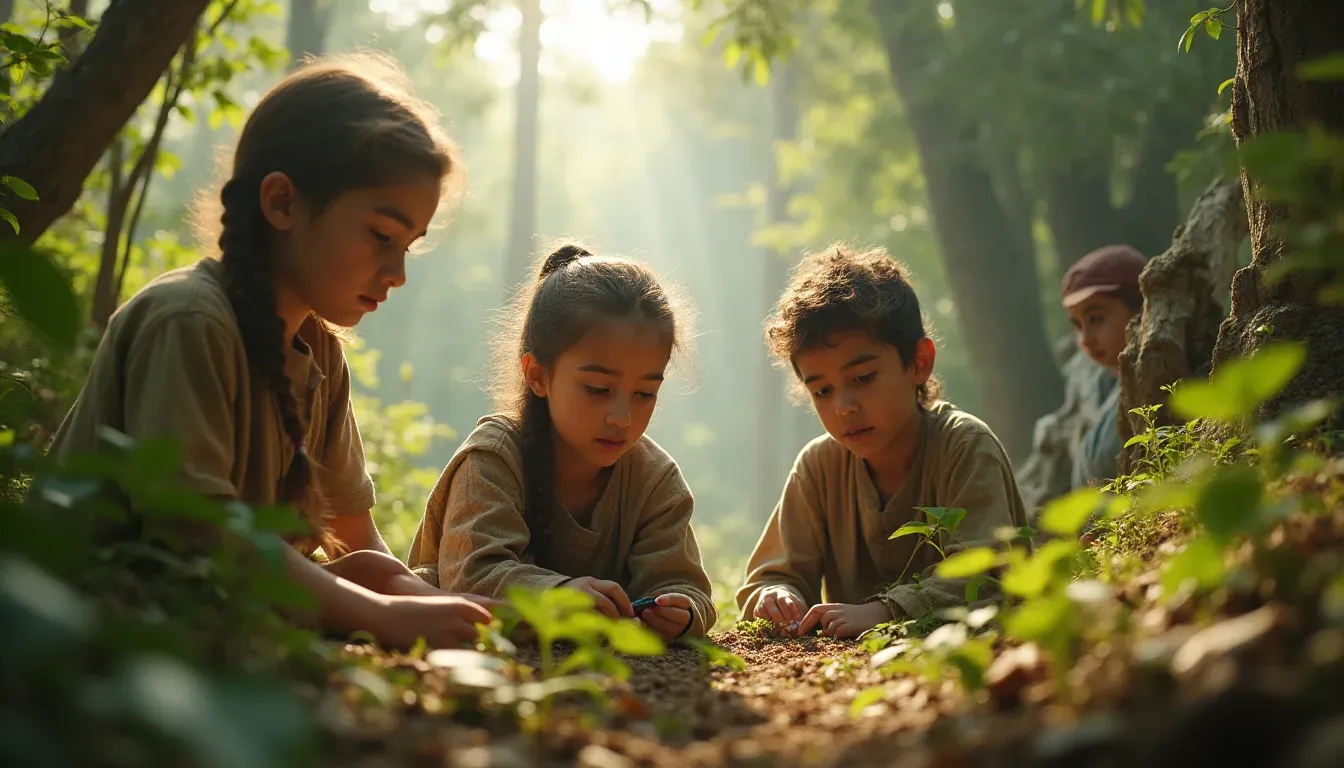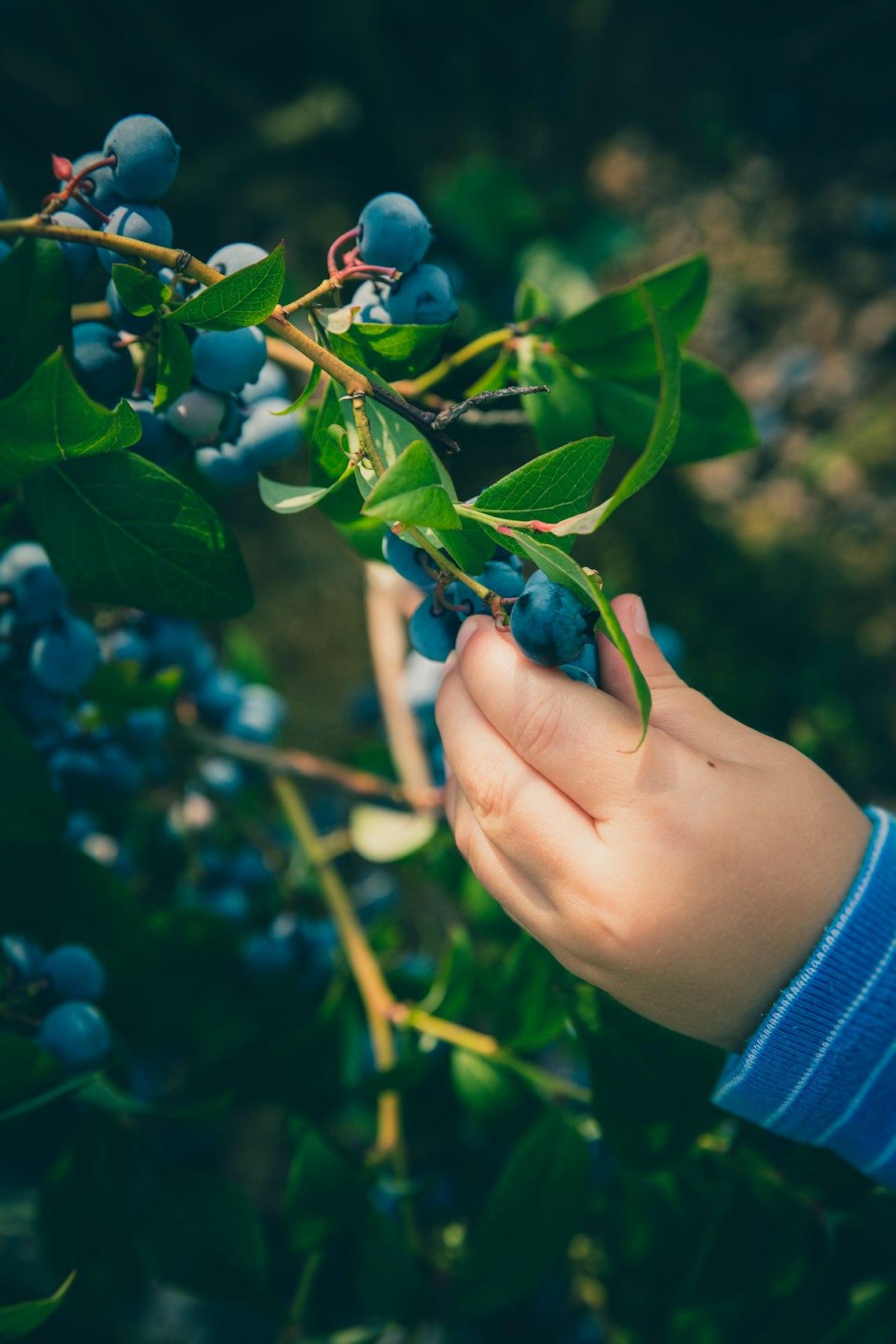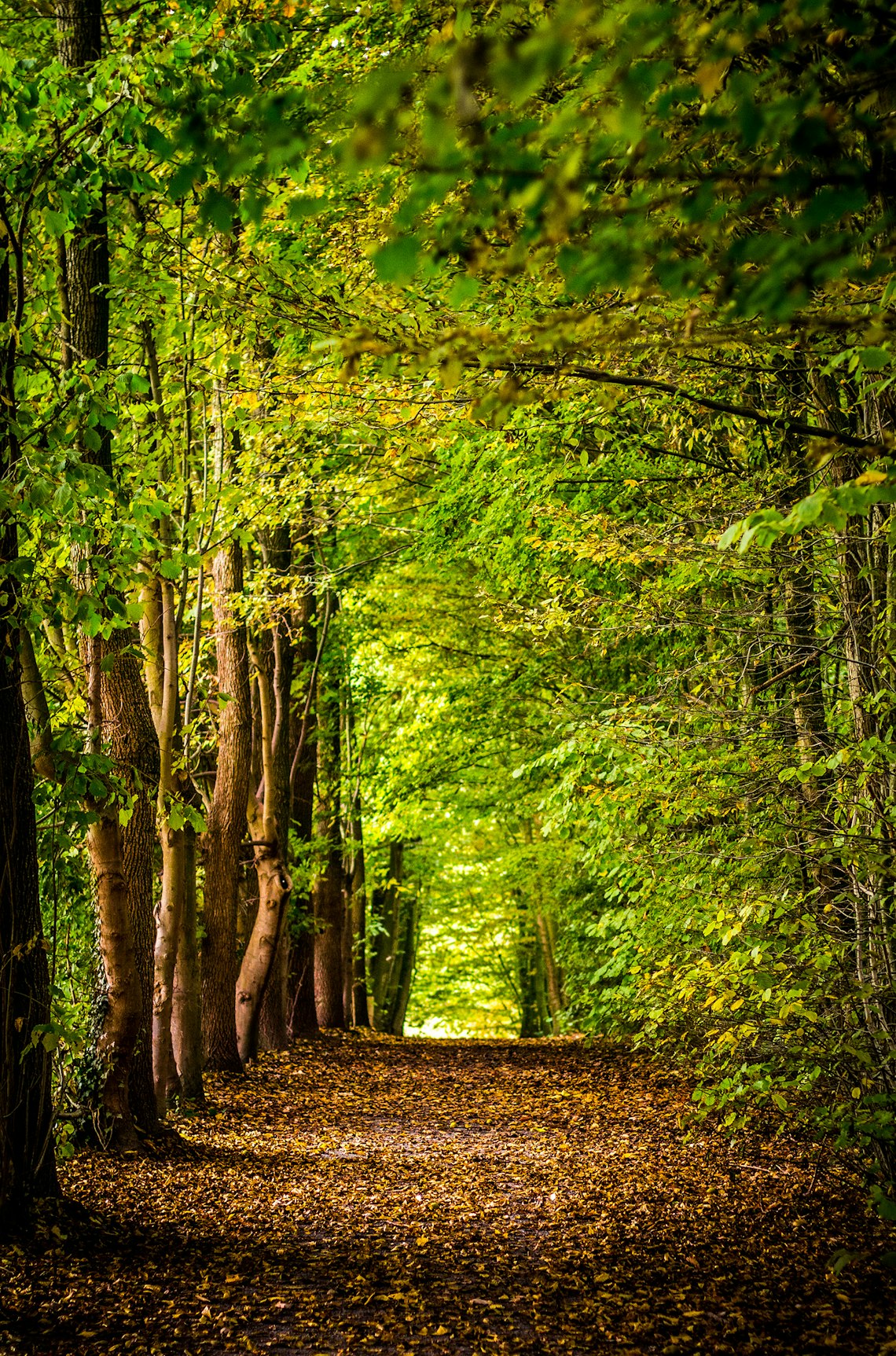In recent years, ecology education has become a cornerstone in fostering a new generation of Moroccan eco-warriors dedicated to environmental conservation and sustainable practices. This educational movement is vital in addressing global environmental challenges and ensuring a sustainable future for the planet.
The Importance of Ecology Education
Ecology education plays a crucial role in creating awareness and understanding among students about the interconnectedness of natural systems. By integrating environmental conservation into the curriculum, schools are equipping young Moroccans with the knowledge and skills needed to tackle pressing ecological issues.
As communities increasingly recognize the importance of sustainable practices, there's a growing emphasis on teaching students how human actions impact the environment. This education extends beyond traditional classroom lessons, promoting hands-on experiences that encourage students to engage with nature directly.
Empowering Moroccan Eco-Warriors
In Morocco, the focus on ecology education aims to empower young people to become proactive eco-warriors. Initiatives such as environmental clubs and youth-led projects are on the rise, providing platforms for Moroccan youth to participate in environmental activism actively. These programs inspire students to take ownership of their environmental responsibilities, driving change within their communities.
Through projects focused on topics like waste reduction, water conservation, and renewable energy, students are learning how to implement sustainable practices. As a result, they become role models for their peers and influencers in their communities, advocating for policies that support environmental sustainability.
Integrating Sustainable Practices into Daily Life
As part of ecology education, students are encouraged to adopt sustainable practices in their daily lives. These practices include:
- Reducing waste through recycling and composting
- Conserving water by using efficient appliances and fixing leaks
- Utilizing public transport or car-sharing to reduce carbon footprints
- Supporting local food systems by purchasing locally-grown produce
By integrating these habits into their routines, Moroccan eco-warriors set an example for their families and communities, contributing to a larger cultural shift towards environmental responsibility.
The Role of Youth in Environmental Conservation
Youth environmental activism is a powerful force driving change across Morocco. Young activists are at the forefront of campaigns to combat climate change, raise awareness about biodiversity loss, and advocate for sustainable urban development. By participating in international forums and networking with global peers, they gain insights into innovative solutions they can implement locally.
Related Initiatives and Opportunities
To further support ecology education, numerous related initiatives are flourishing in Morocco. Partnerships between schools and NGOs offer additional resources and workshops on topics such as renewable energy and sustainable agriculture. These collaborations enhance students' learning experiences and provide practical knowledge applicable beyond the classroom.
Morocco's commitment to environmental education is evident in its supportive policies and national campaigns aimed at fostering a culture of sustainability. Such efforts are aligned with global objectives, such as the United Nations' Sustainable Development Goals, and demonstrate the country's dedication to environmental conservation.
In conclusion, ecology education is vital in nurturing a generation of Moroccan eco-warriors committed to environmental conservation and sustainable practices. By empowering youth with the knowledge and skills necessary for environmental activism, Morocco is paving the way for a more sustainable future. This movement not only benefits local communities but also contributes to global efforts in combating environmental challenges.




